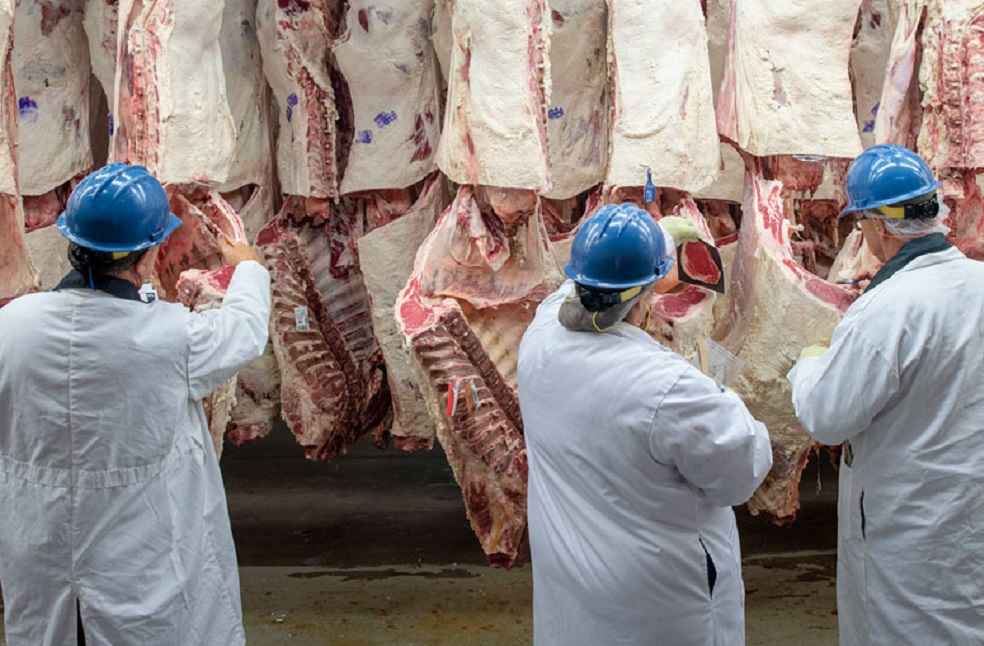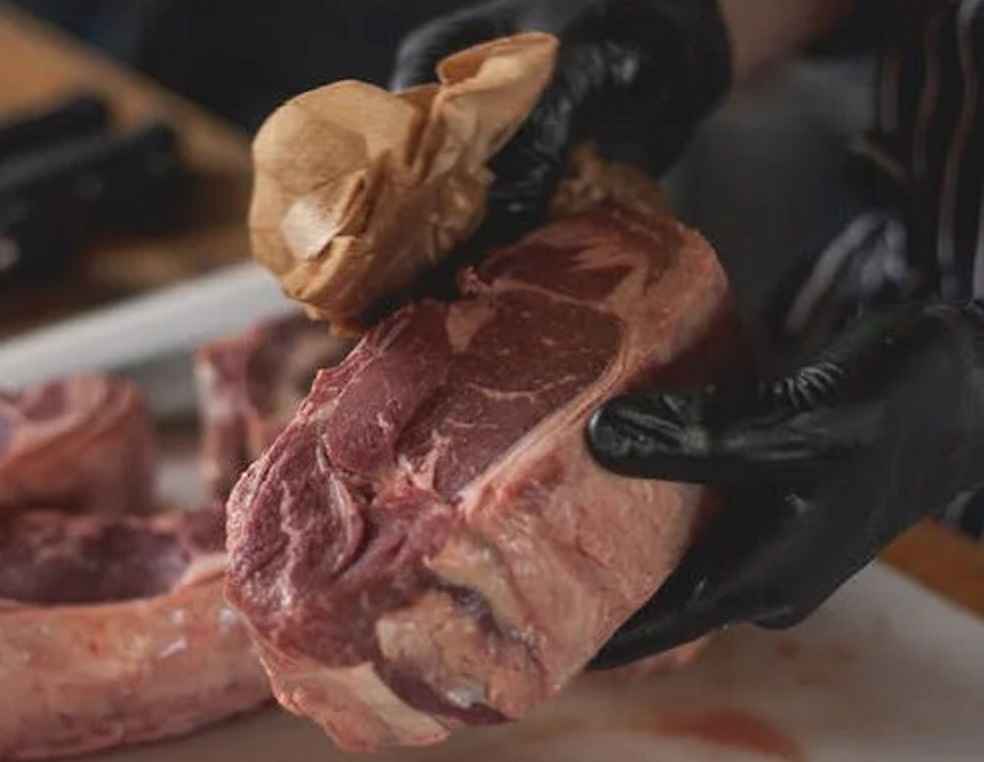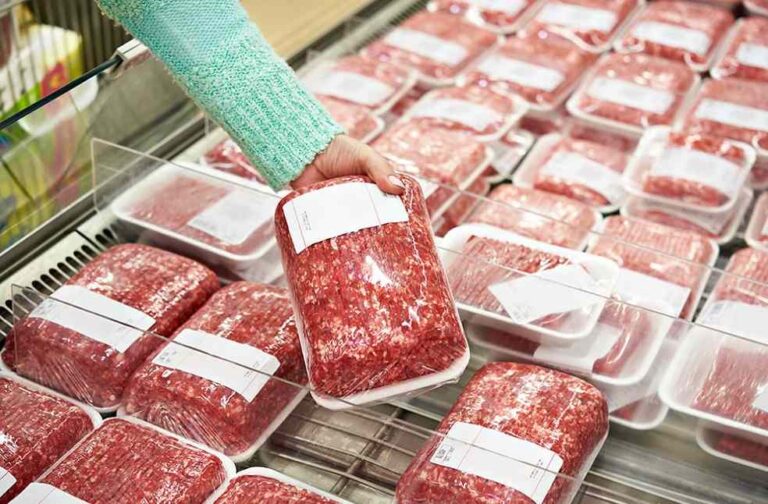Thailand’s beef farmers oppose government plans for U.S. beef imports, warning it could threaten livelihoods and food security.
The Beef Cattle Association of Thailand, along with more than 60 affiliated organizations, assembled at the Ministry of Agriculture and Cooperatives to express objections to the government’s proposal to allow hormone-treated U.S. beef imports in exchange for addressing the trade deficit.
Farmers are concerned that the decision could damage the domestic market, which is already struggling due to competition from cheaper imports from Australia and New Zealand. The association contends that the policy violates Thai regulations, which banned the use of growth hormones in livestock—a practice widely adopted in the United States.

Sitthiporn Boorananath, the association’s vice president, shared that farmers have already sent a protest letter to the prime minister. He stated that allowing U.S. beef and offal imports would exacerbate the challenges farmers face, particularly as they are already impacted by existing free trade agreements with Australia and New Zealand.
“The policy will directly affect Thai cattle farmers, who consist of about 1.4 million households, with over 9.6 million cattle valued at over 288 billion baht,” Sitthiporn added.
The price of live beef cattle in Thailand has decreased to 60–70 baht per kilogram from approximately 100 baht per kilogram, while the price of offal has dropped to 1,800 baht per kilogram from around 4,000 baht per kilogram.

The group plans to present its petition to the finance and commerce ministers, urging them to reverse the proposal.
Under economic pressure, the association cautioned that importing U.S. beef might damage Thailand’s standing in global markets. Nations such as Malaysia, Vietnam, and China, known for strict growth hormone regulations, could be discouraged from purchasing Thai beef.
POLICY & LAW | Vietnam Plans New Trade Law to Meet Stricter Origin Rules



